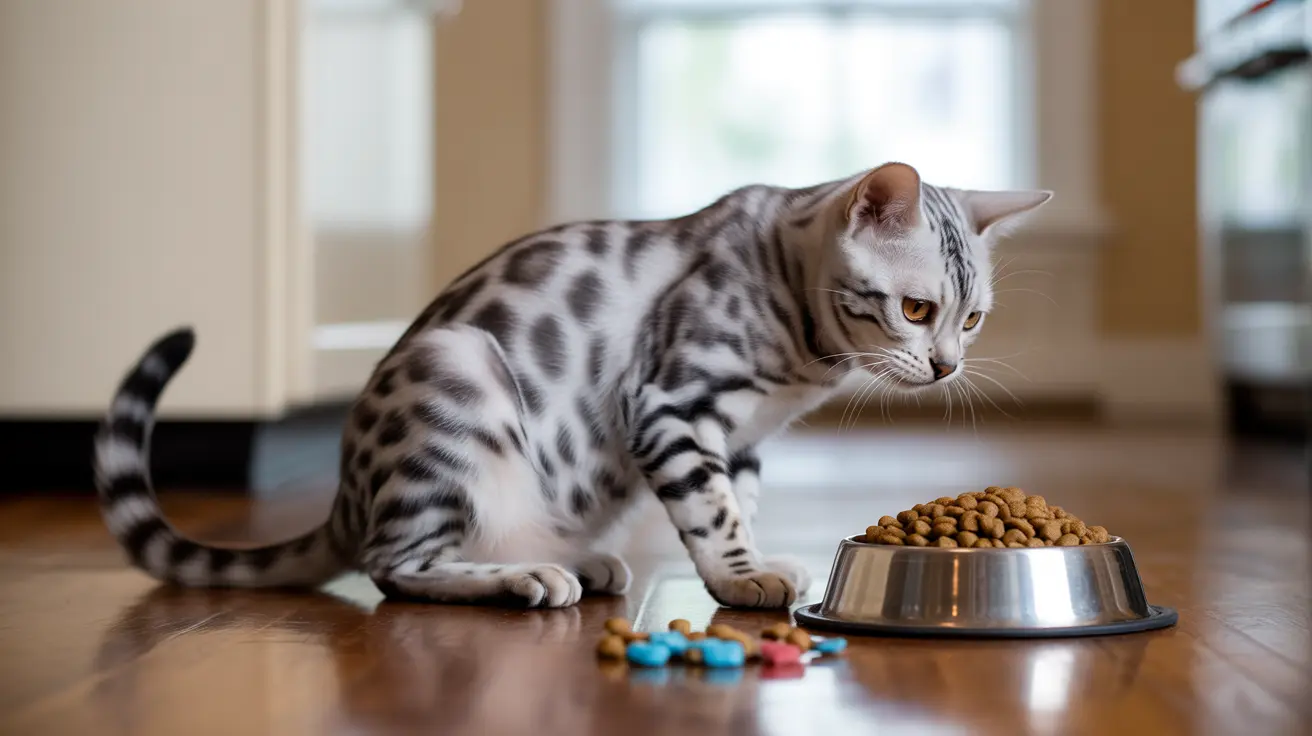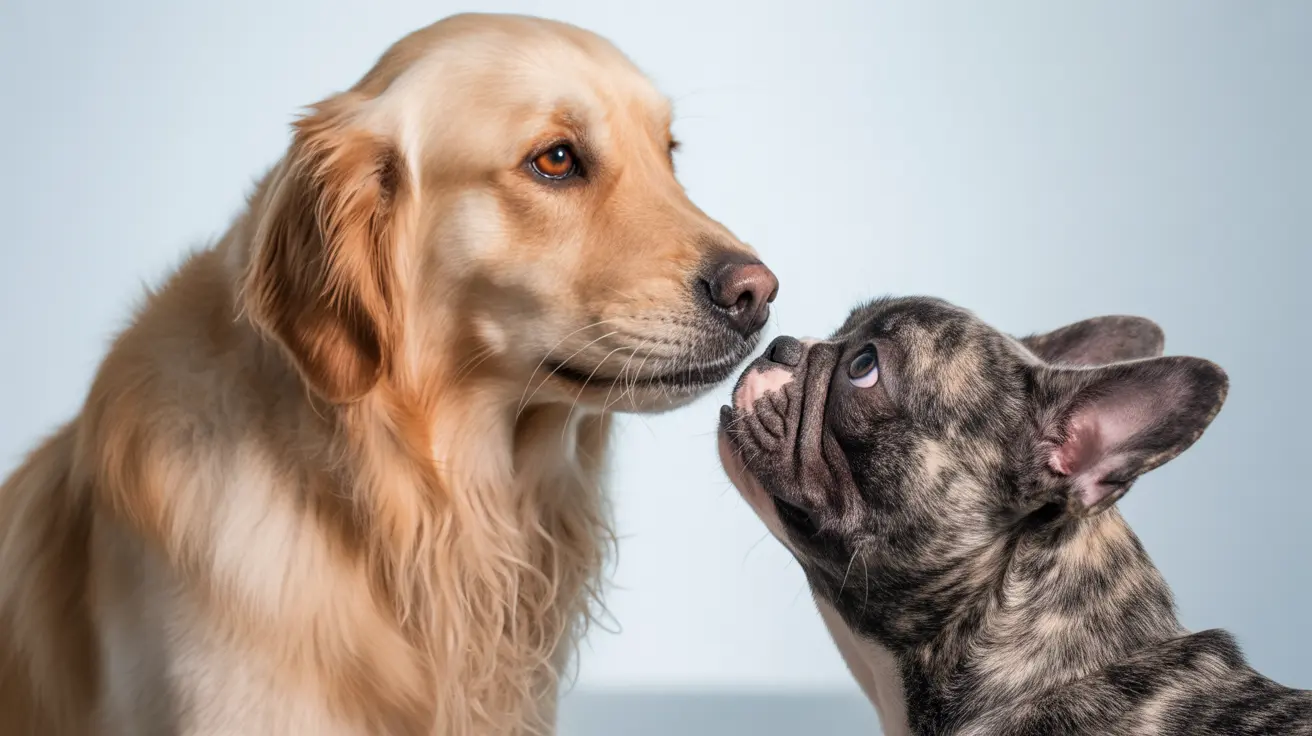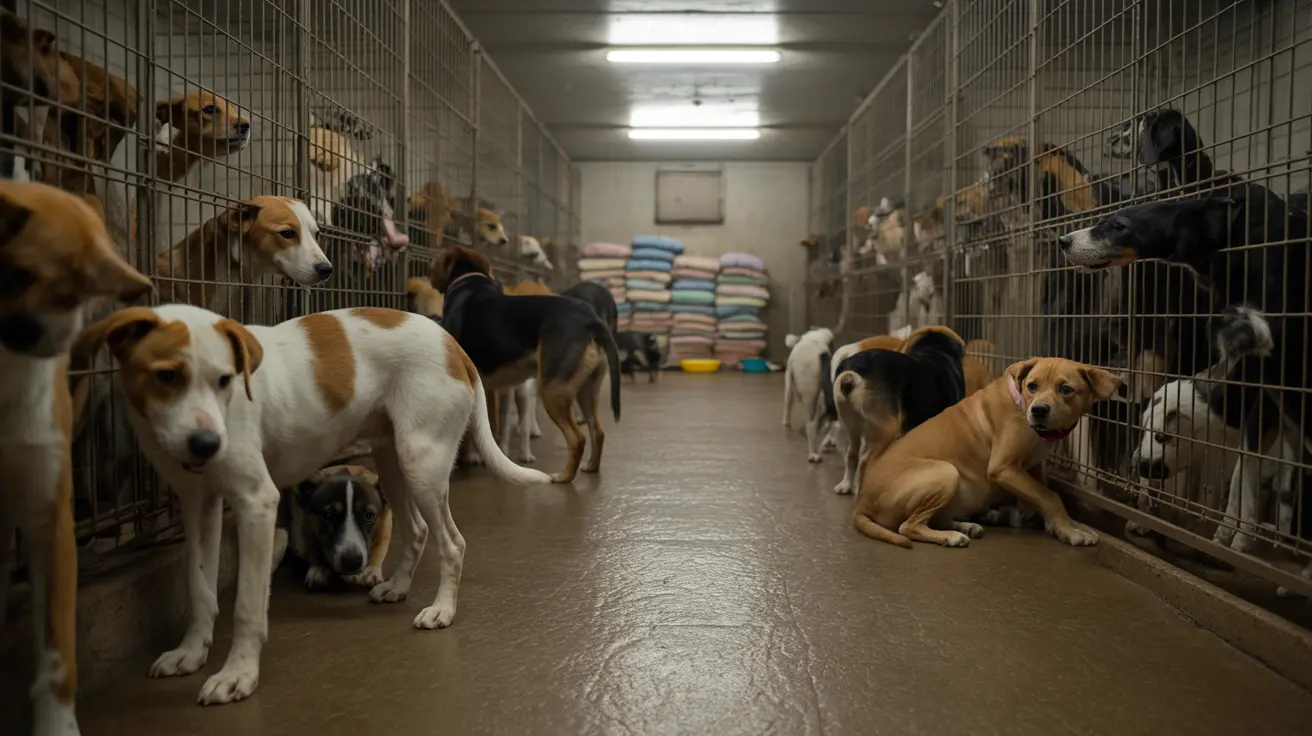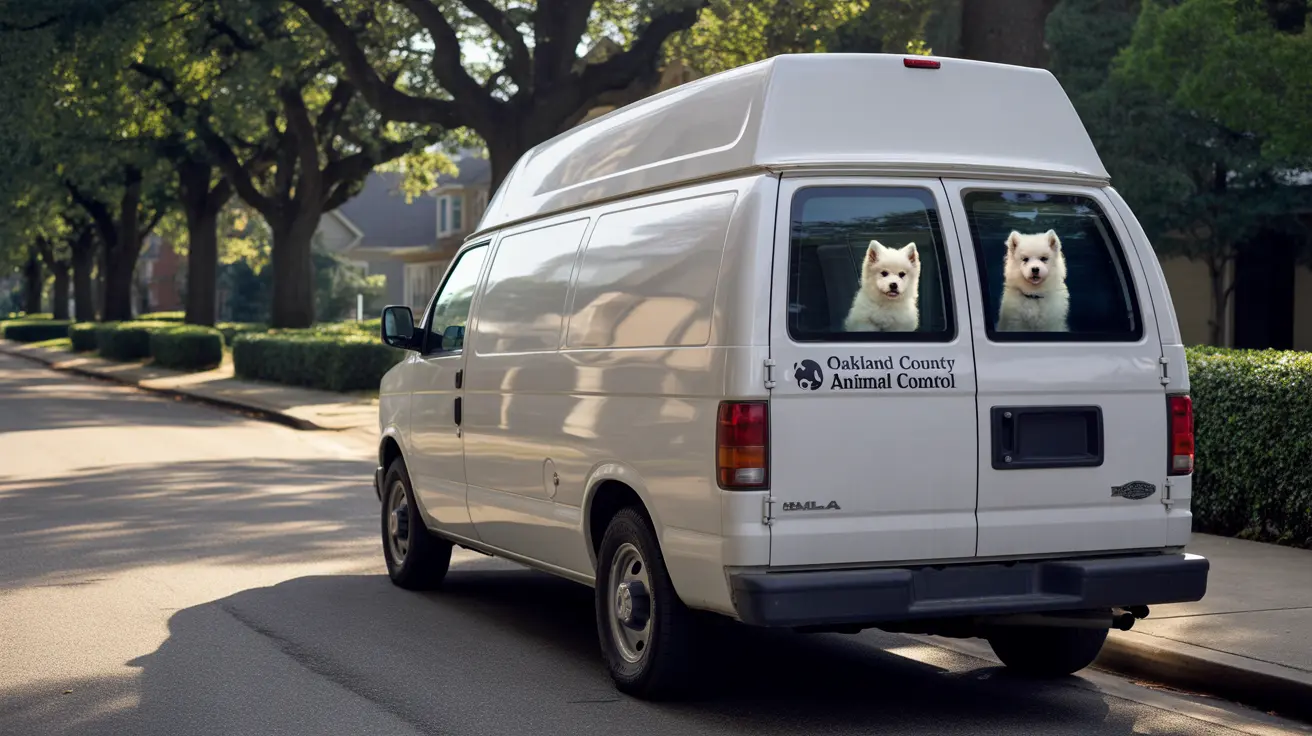Understanding Why Cats Are Attracted to Dog Food
Cats are naturally curious and opportunistic eaters. The aroma and texture of dog food can be enticing, especially when it's readily available. Many cats develop this habit simply because the dog's food bowl is accessible or because they're drawn to the novelty of different food.
Free-feeding practices often contribute to this issue, as leaving dog food out all day creates more opportunities for curious cats to sample it. Additionally, some cats may be attracted to dog food due to its different protein sources or fat content, even though these aren't nutritionally appropriate for felines.
Health Risks of Cats Eating Dog Food
While a single bite of dog food won't harm your cat, regular consumption can lead to serious health complications. Dog food lacks essential nutrients that cats need for survival, particularly taurine, an amino acid crucial for heart and eye health.
Critical Nutritional Deficiencies
- Taurine deficiency leading to heart problems and vision issues
- Insufficient vitamin A, which cats can't produce naturally
- Inadequate protein levels for feline dietary needs
- Missing arachidonic acid, essential for cat health
Potential Health Complications
Regular consumption of dog food can result in:
- Digestive issues and gastrointestinal upset
- Weakened immune system
- Vitamin deficiencies
- Heart disease
- Vision problems
- Malnutrition
Effective Prevention Strategies
Physical Solutions
Create separate feeding zones for your pets:
- Feed cats and dogs in different rooms
- Use elevated surfaces for cat food
- Install cat-only feeding stations
- Employ microchip-activated feeders
Feeding Schedule Adjustments
Implement structured feeding times:
- Feed both pets simultaneously but in separate areas
- Remove uneaten food after 15-20 minutes
- Avoid free-feeding practices
- Consider automatic feeders with timers
Training and Behavioral Modifications
Consistent training can help prevent food-stealing behaviors:
- Use positive reinforcement when pets eat from their own bowls
- Establish clear feeding routines
- Create positive associations with designated feeding areas
- Consider clicker training for reinforcing proper feeding habits
Long-term Solutions for Multi-pet Households
For lasting success, implement these strategies:
- Install pet gates or create dedicated feeding rooms
- Use automated feeding systems
- Consider feeding cats in enclosed spaces
- Monitor feeding times closely
- Store pet food in separate, secure locations
Frequently Asked Questions
Why does my cat keep eating dog food even though they have their own?
Cats may eat dog food out of curiosity, convenience, or attraction to its smell and texture. Sometimes, it's simply because the dog's food is more accessible or because they're drawn to the novelty of different food.
What are the health risks for cats if they regularly eat dog food?
Regular consumption of dog food can lead to taurine deficiency, vitamin A deficiency, protein malnutrition, heart problems, vision issues, and other serious health complications. Dog food doesn't contain the proper nutrient balance that cats require as obligate carnivores.
How can I prevent my cat from eating dog food in a multi-pet household?
Feed pets in separate rooms, use elevated feeding stations for cats, implement scheduled feeding times, remove uneaten food promptly, and consider using microchip-activated feeders. Consistent feeding routines and proper training can also help prevent this behavior.
What nutritional differences make dog food unsuitable for cats?
Dog food lacks essential nutrients that cats need, including taurine, adequate protein levels, vitamin A, and arachidonic acid. It also contains more carbohydrates than cats require and doesn't provide the complete nutrition that cats need as obligate carnivores.
Can occasional dog food consumption harm my cat, or is it only a problem when frequent?
While occasional consumption of small amounts of dog food isn't likely to cause immediate harm, regular consumption can lead to serious nutritional deficiencies and health problems over time. It's best to prevent any access to dog food to ensure your cat's optimal health.






